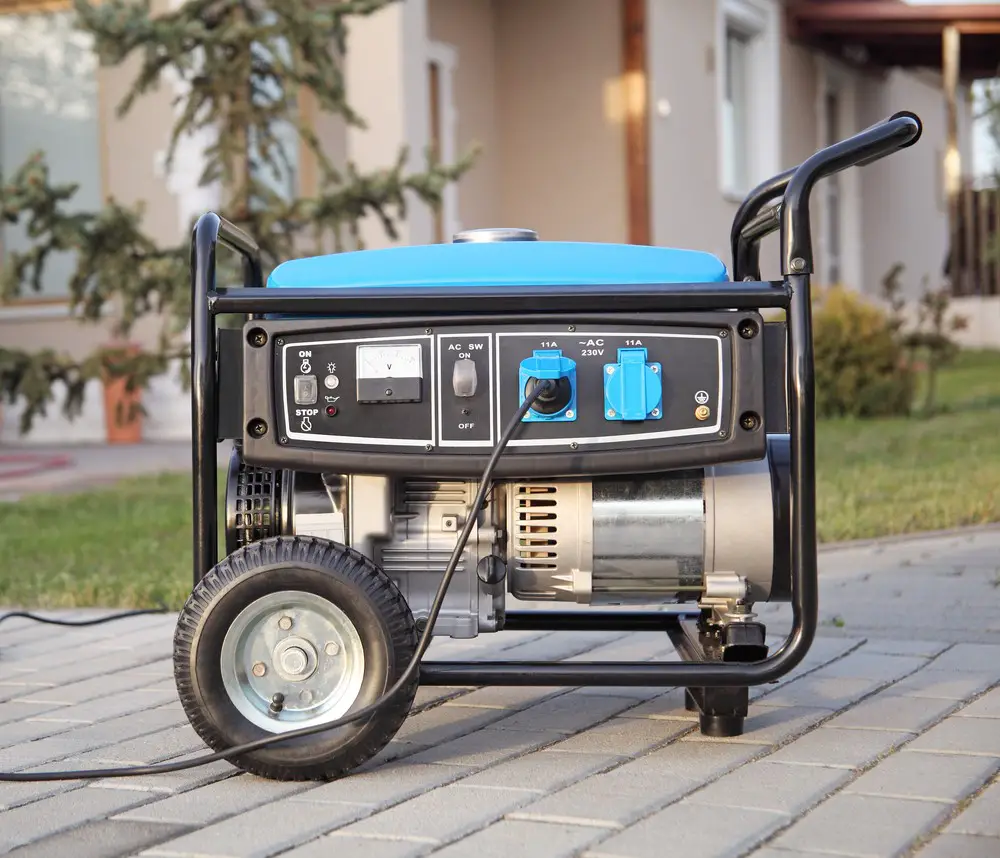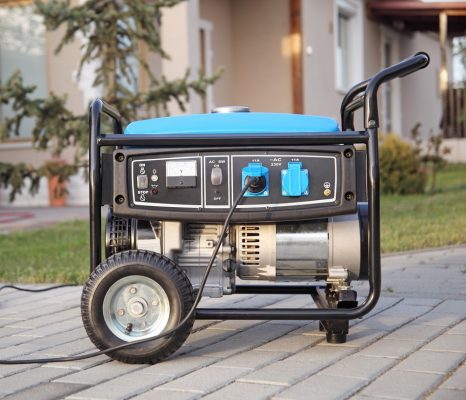Guide to common home generator mistakes and how to avoid them, Electrical power advice, Electric help
Common Home Generator Mistakes and How to Avoid Them
7 Jan 2021
We can’t imagine our lives without electricity. Every little aspect of our day to day life requires electricity to some extent. From kitchen appliances to education and recreation, electricity is the driving force behind everything.
However, if you live in a developing country, load-sheddings are a common issue. The government’s production of electricity is inadequate compared to the requirement. As a result, the electricity supply of a region is shut-off temporarily to avoid overloading or long-term damage to the supply lines.
The best way to keep your electric lines running even during load-shedding is by using a generator. The generator provides you with electricity by converting the chemical energy of the fuel into electrical, light, and sound energy.
But, is any generator good for me? Should I go for whatever I find in the market? In this case, the answer is a big no! Generators are available in multiple categories based on power usage, fuel consumption, capacity, technology, etc. Many people buy whichever one they find available first hand and regret their decision.
People make a few common mistakes with their generator, both before and after purchase. In this article, we will discuss some common home generator mistakes and how to avoid them!
Not Researching Enough:
We cannot stress how important this is. Research is essential, regardless of whatever we buy. When it comes to buying a generator, it’s generally a massive, long-term investment. So, researching the technicalities of the product before making the purchase is a crucial step.
There are specific criteria that you need to consider before making a purchase. These include the power consumption of your house and the generator, maximum wattage, type of fuel, fuel costs, maintenance costs, financial issues, etc. Make sure you have a clear idea about them before buying your generator.
Not Choosing The Right Generator:
Although this is a part of research to determine the right generator for you, the mistakes people make in choosing their generator is massive.
Although we’re talking about home generators, there’s still a lot of factors involved. Whether you should go for an inverter generator or not, are portable generators good for you, etc., are important factors. You can check Generac home standby generator installations to choose one that meets your needs and requirements. It’s important to understand the different types of generators and their features before making a decision.
For home use, we recommend getting an inverter generator. Albeit they are a bit pricey, they don’t make a lot of noise. The lack of noise makes it a better fit for houses. Again, if you’re traveling around a lot, we recommend getting a portable generator. You can take the generator with you on your camping trips for uninterrupted electricity.
Not Calculating Wattage:
Calculating the wattage of your house is vital in choosing the right generator for you. Just because the product description says, it’s ideal for an average family doesn’t mean it’s for you. The number of appliances you want to use, the number of hours your generator will be on use determines its wattage.
Take the watt reading of the appliances you want to run, and multiply it by the number of hours you want to use them for. Add them together, and you know your daily wattage.
If you want to use your generator for lights, fans, and simple appliances instead of using air-conditioning or a heating system, getting a generator of 7500 watts is a good idea. However, make sure you’ve calculated your wattage first-hand.
Not Reading The Manual:
“We know this already!” “The Manual is boring” These are very common complaints from buyers after buying any electric appliances. While you can get away not reading the manual on smaller machines, it’s a different ball-game for something as big as a generator.
The instruction manual contains information that you must know for your generator. Information about its safety, usage, fuel and energy consumption, etc. Not only do you read the manual thoroughly, but you must also preserve it somewhere safe because it’s going to be your first guide for troubleshooting. It discusses simple problems in the generator and ways to solve them without hassle.
So, make sure you read your manual properly, instead of just skimming through the content.
Irregular Maintenance:
For any electric appliance, it’s essential to get it serviced every once a while. For something as sensitive as a generator, you need to get it serviced regularly.
We often overlook regular servicing because the generator looks good when in use. However, many small problems aren’t detected due to this, which becomes a significant problem in the long run. So, make sure you call for service at least twice a year.
However, the only maintenance is not enough. Keep a record book of all the information after servicing. Input information about the condition of all the parts, the problems found and fixed. This will make regular maintenance smoother while detecting issues will be more comfortable.
Not Checking the Engine Oil:
Although the generator runs on fuel, it’s internal parts require engine oil to run properly.
Generally, we don’t change the engine oil frequently because they don’t need much change. However, as the generator keeps running, the engine oil levels drop, and the oil loses quality. The oil loses the required viscosity and causes the generator to struggle.
Furthermore, don’t use any engine oil for your generator. Only use the one suggested by the manufacturer since it’s the best-suited for your generator.
Inadequate Fuel Supply:
Generator fuel runs out pretty quickly. And it’s detrimental for a generator if it’s turned off due to lack of fuel. So, always make sure the fuel tank is filled adequately. Always keep the fuel quantity at the 90% mark, and it never depletes completely.
Common home generator mistakes to avoid Conclusion
A generator is a long-term investment. Choosing the right thing and maintaining it accordingly is essential. It saves time, money, and effort. However, many people aren’t aware of the mistakes they make while buying a generator.
In this article, we discussed some of the most common mistakes people make with their home generator. While they might seem harmless, they’re detrimental in the long run. We’ve discussed the ways to solve them to prevent your trouble.
We hope you find this article useful!
Comments on this guide to Common home generator mistakes and how to avoid them article are welcome.
Generators
Home Generators
Everything to know about generators
Portable, standby, or inverter generators guide
Building Articles
Contemporary Architecture
Comments / photos for the Common home generator mistakes and how to avoid them Advice page welcome






